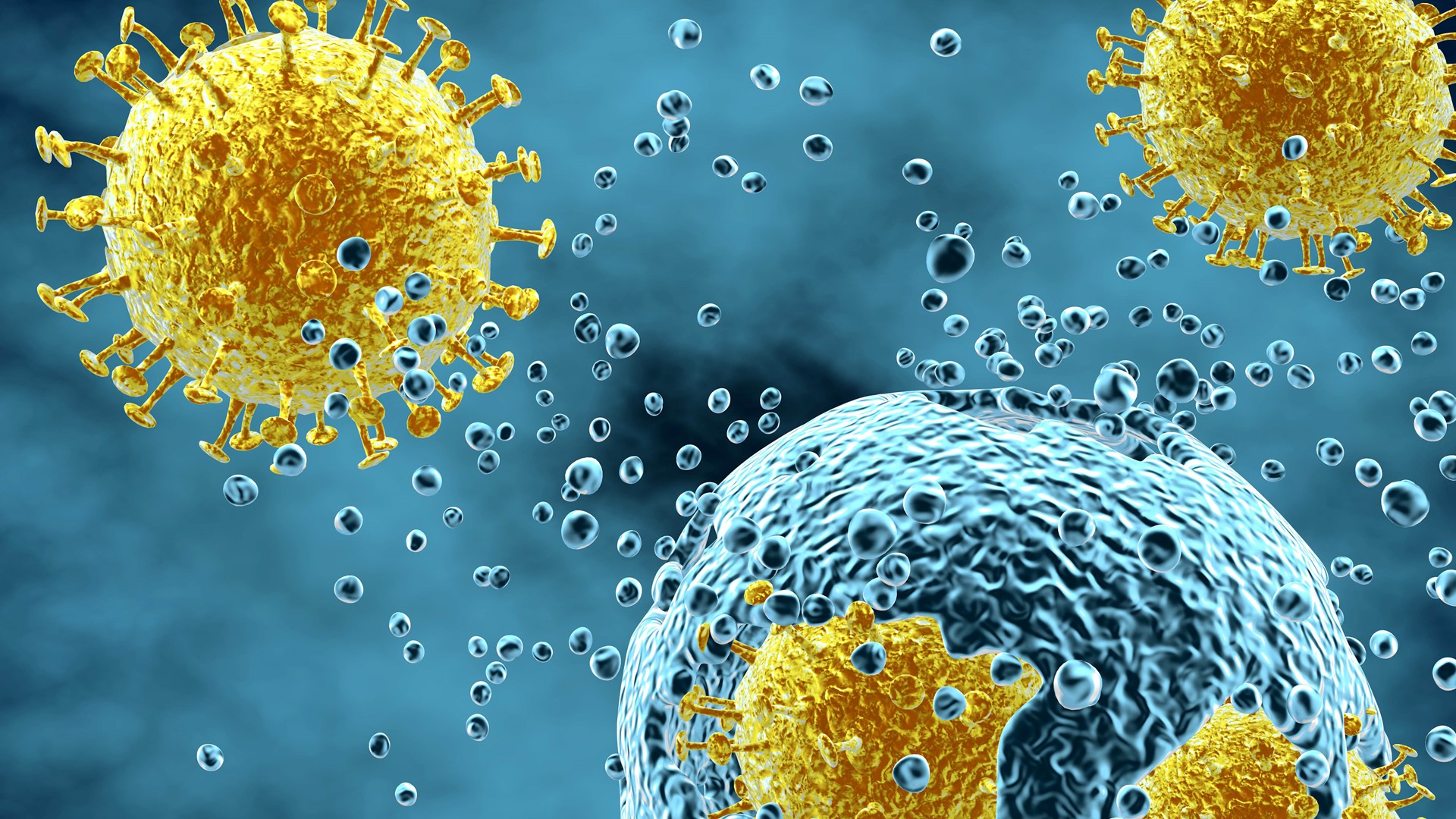TAMPA, Fla. — The grip COVID-19 has on the American population is tighter on the African American community, where a myriad of health and socioeconomic disparities put this group at higher risk of contracting the virus.
"Almost any disease outbreak or illness tends to be [a] greater problem in some sectors of the African American community because they're at greater risk for several reasons,” said Dr. Jay Wolfson, associate vice president of USF Health.
This includes lower access to healthcare and high rates of disease.
"African Americans tend to have higher levels of diabetes and hypertension, which makes them more susceptible to the devastating effects of COVID,” said Wolfson.
Couple that with often being on the frontlines during the pandemic, and it can be deadly. "The job markets that [African Americans] have access to are not as plentiful as other populations. So, they'll tend to work in lower-paid jobs. Oftentimes jobs require that they be in crowded places that they don't have the opportunity to take off of work and stay at home,” said Wolfson.
RELATED: Coronavirus in Florida: 283 people have died and 14,504 are infected
The Detroit bus driver who died of coronavirus days after saying a rider coughed without covering her mouth is a heartbreaking example.
Suspicion of government and public health also runs high in the black community.
"There's a great deal of distrust within the African American community of government in general. Part of that stems from the horror show that happened in Tuskegee when men were given syphilis to see what would happen. That's never been forgotten in the community,” said Wolfson.
The disparities are so deep among African Americans, even the US surgeon general can't escape.
"I have high blood pressure, that I have heart disease and spent a week in the ICU due to a heart condition. That I actually have asthma and I'm pre-diabetic,” U.S. Surgeon General Jerome Adams told CBS This Morning. “…I represent that legacy of growing up poor and black in America, and I and many black Americans are at higher risk for COVID. That's why we need everyone to do their part to slow the spread."
Dr. Adams said he’s tried to put a spotlight on inequities in public health since he’s been appointed.
“My office, long before COVID-19, has been talking about health equity, has been talking about the need to help people understand when they're at risk and to actually intervene,” he said.
Cities with large black populations like Chicago and Detroit are seeing a disproportionate number of deaths in the African American community related to COVID-19.
“The CDC and the federal government should be and are tracking this virus and trying to break it down by different demographic groups so that we can help people understand,” said Adams.
The latest numbers from the Florida Department of Health show 14,504 people in the state have tested positive for the virus. More than 280 have died. FLDOH does breakdown cases by race in a daily report; in Hillsborough County, blacks were hospitalized at a higher rate than whites.
However, Dr. Wolfson said there still needs to be more data made available before it’s understood how COVID-19 is truly impacting the African American community across the entire nation.
Emerald Morrow is a reporter with 10News WTSP. Like her on Facebook and follow her on Twitter. You can also email her at emorrow@wtsp.com.
- Aftermath video: 3,500 rental cars destroyed in massive fire
- Florida man kills self, wife and 2 children in apparent murder-suicide
- Here's what Hillsborough County services are affected by coronavirus
- Police searching for woman who sprayed Walmart cashier in eyes with Lysol over purchase limit
- COVID-19 in your neighborhood: You can track Florida coronavirus cases by zip code
- When will your federal stimulus check arrive?
- Hotlines, websites offer the latest on COVID-19
FREE 10NEWS APP:
►Stay In the Know! Sign up now for the Brightside Blend Newsletter



